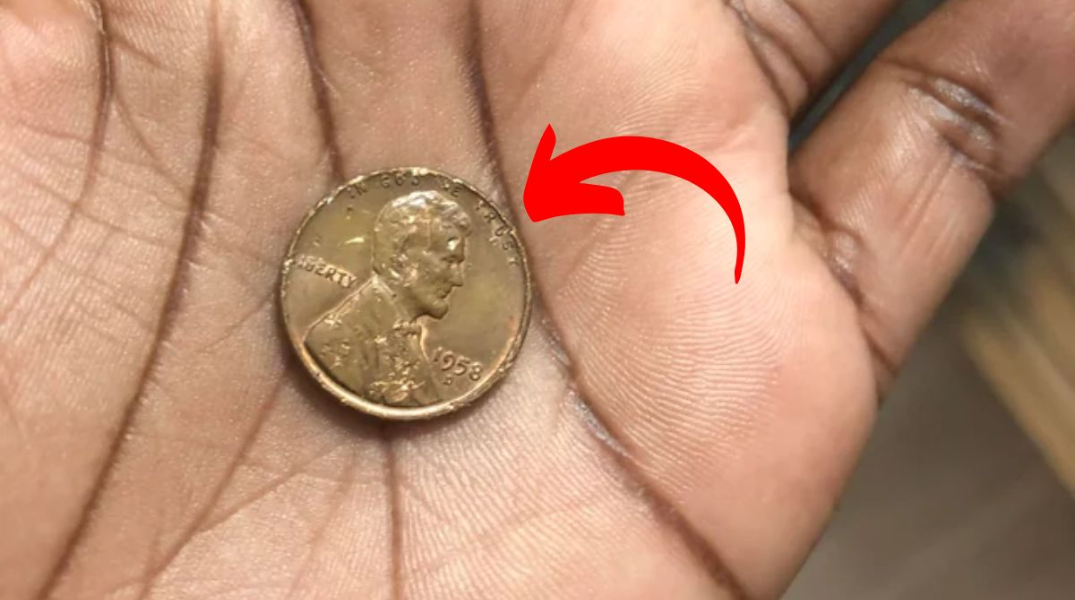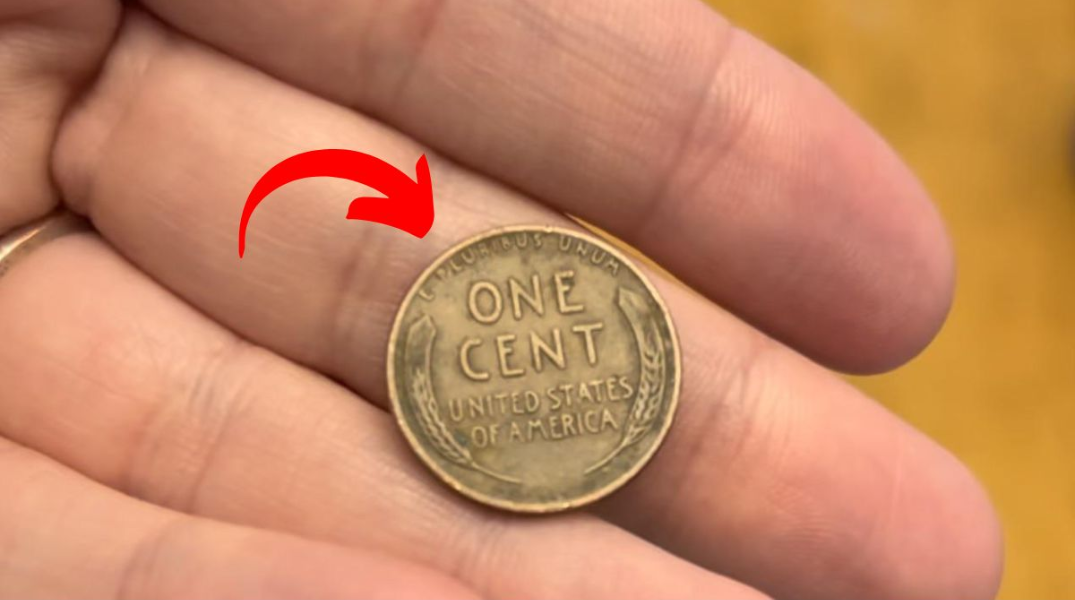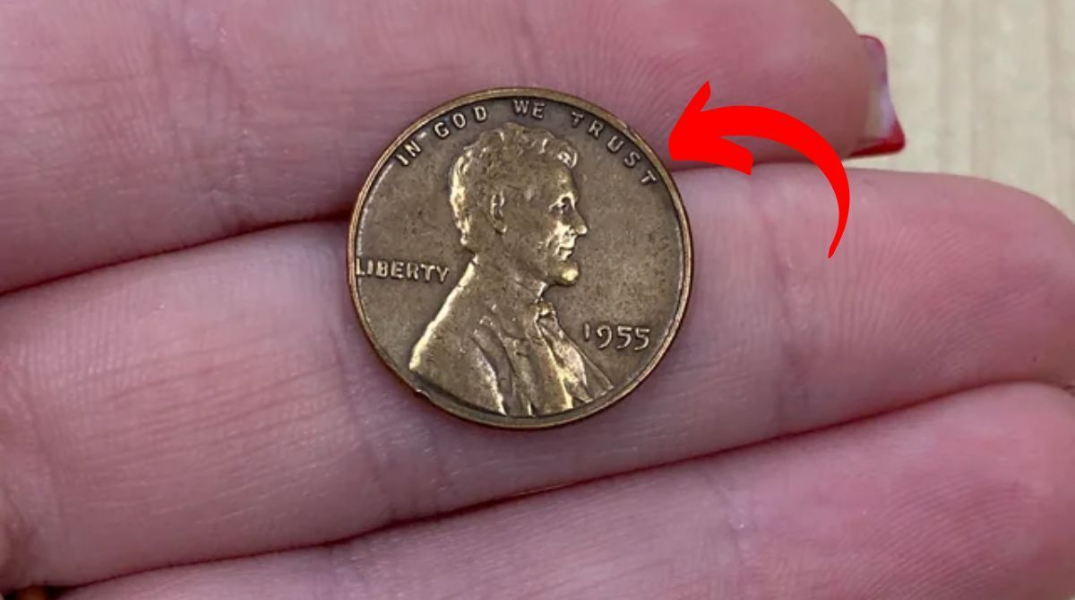Thousands of women across the UK could soon receive large back-payments in State Pension, after the Department for Work and Pensions (DWP) found errors in how some pensions were calculated. The mistake happened due to missing records from the Home Responsibilities Protection (HRP) scheme, which was meant to protect the pensions of parents and carers, especially women.
What Went Wrong?
Between January and September 2024, the DWP reviewed records and discovered 5,344 underpaid pensioners, resulting in a total of £42 million owed. On average, each affected person could receive around £7,859.
Most of the underpaid pensioners are women, some of whom have been underpaid for decades. Sadly, some passed away before receiving the correct amount.
What Is HRP and Why Does It Matter?
The Home Responsibilities Protection (HRP) scheme was introduced to make sure parents (especially mothers) and full-time carers didn’t lose out on their State Pension while not working. It ran from 1978 to 2010, after which it was replaced with National Insurance credits.
If someone didn’t have an HRP record in their National Insurance history, it could affect the number of qualifying years for their pension. Now, HMRC is checking old records to find anyone who may have been wrongly left out.
People who claimed Child Benefit before May 2000 are more likely to be affected because, back then, it wasn’t mandatory to include a National Insurance number. Claims made after that date should be accurate.
Experts Speak Out
Steve Webb, former pensions minister, said this was a serious failure that mostly affected women. He added, “Many were underpaid for years. Some even died without ever knowing they were owed more.”
Rachel Vahey, head of public policy at AJ Bell, called it one of the biggest benefit scandals in modern times. She stressed the need for urgency, saying:
“It is absolutely critical all those affected by this scandal receive the money they are owed as quickly and efficiently as possible.”
How Many People Are Affected?
It’s believed that tens of thousands could still be due back payments, and many have yet to be identified. Some may receive payments of around £5,000, depending on how long they were underpaid.
The DWP has confirmed that most of the cases have been sorted. However, a small number are still waiting because the department needs more paperwork from the pensioners.
What Should You Do?
If you think you may be affected:
- Check your State Pension records via the UK government website.
- If you claimed Child Benefit between 1978 and 2010, and weren’t working or earning enough to pay National Insurance, you may be eligible.
- Make sure your National Insurance number is linked to your claim.
The government says it is working to keep pension errors as low as possible, and to make sure people are treated with dignity and fairness in retirement.
This issue highlights how easily pension mistakes can go unnoticed for years. The correction of these HRP records is long overdue and could bring relief to thousands of women who have unknowingly received less than they deserve. If you or someone you know stayed at home to raise children and claimed Child Benefit before 2010, it’s important to review your records and contact the DWP if needed. A quick check today could lead to thousands in back payments.
FAQs
Why were some State Pensions underpaid?
Many pensions were underpaid because of missing Home Responsibilities Protection (HRP) records between 1978 and 2010, which affected carers and parents—mainly women.
How much money are people getting in back-payments?
The average back-payment is £7,859, but some may receive more or less depending on their situation and how long they were underpaid.
Who is most likely to be affected?
Women who claimed Child Benefit before May 2000 and didn’t work enough to pay National Insurance are most likely to be affected.
What should I do if I think I was underpaid?
You should check your National Insurance and pension records. If you believe there’s a mistake, contact the Department for Work and Pensions (DWP).
Is the government still fixing these errors?
Yes, most corrections have been made, but a few cases are still pending due to missing documents. HMRC and the DWP are working to resolve these.












